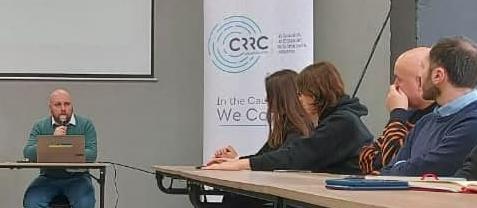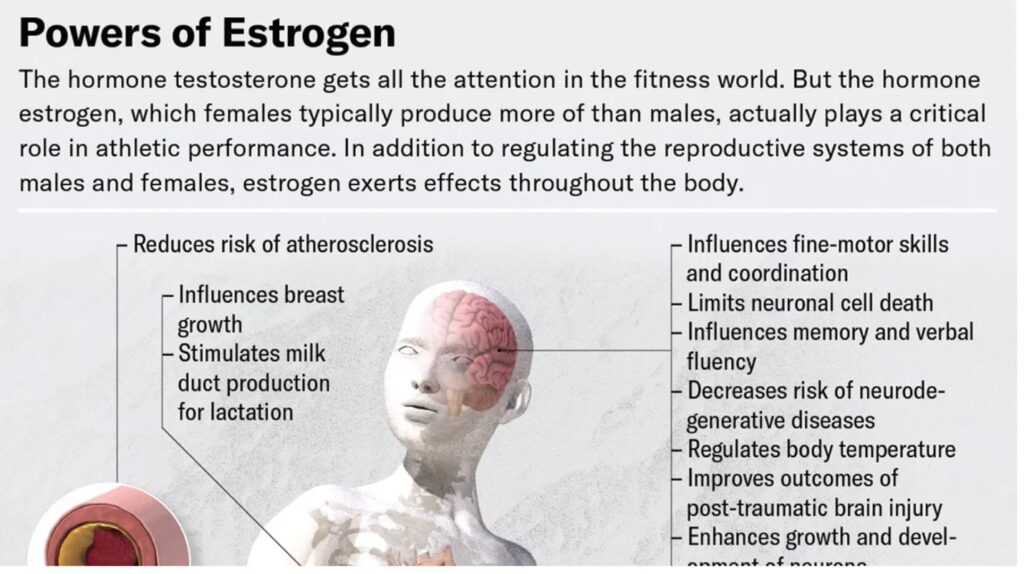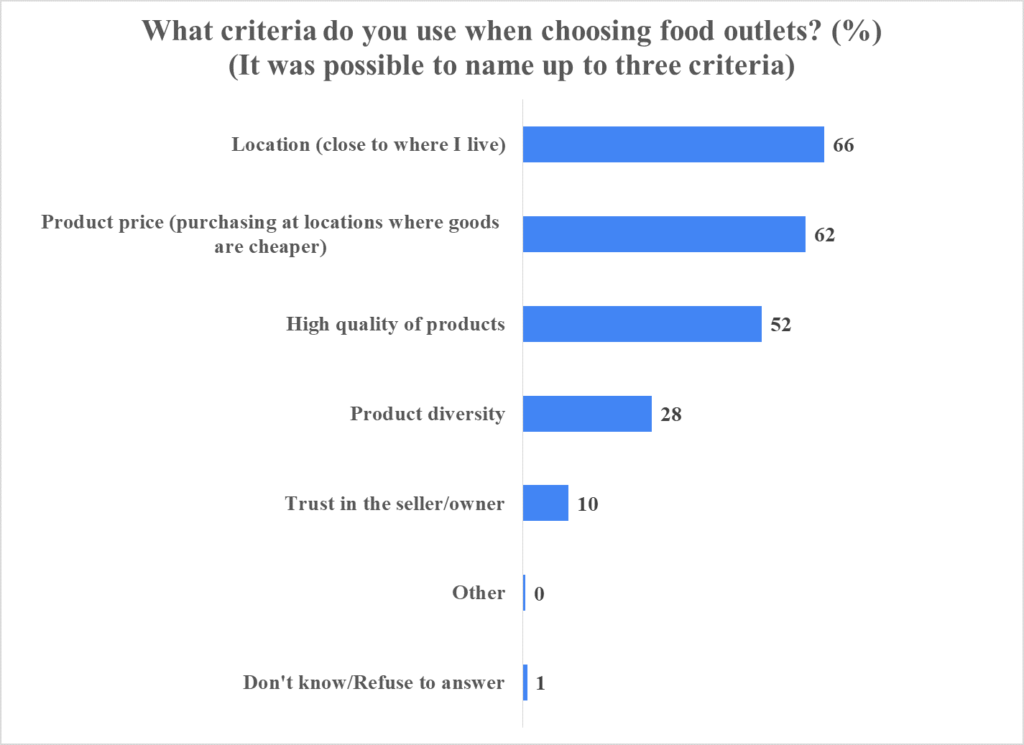Caucasus Research Resource Center (CRRC-Georgia) has presented results of a new survey that scrutinized perception of foreign threats in Georgia on 21 February, 2023.
Koba Turmanidze, Director of CRRC-Georgia said at the press conference: “Foreign threat posed by Russia has been one of the key political issues for Georgia since it gained independence. Russia’s invasion of Ukraine has made this topic more important. So, we decided to study public opinion in Georgia regarding the war in Ukraine, Russian military threats in Georgia, and the country’s foreign policy prospects.”
The survey showed that 42% of the Georgian Dream (GD) supporters believe that compromises, in general, can help avoid a potential war in Georgia, while 46% of GD supporters also believe that Ukraine could have avoided the war. In comparison, only 31% of opposition supporters think the same way regarding Georgia and 28% regarding Ukraine. At the same time, opinions of opposition supporters are relatively easily influenced by news about the war in Ukraine: opposition supporters who receive updates about Ukrainian losses are more likely to support concessions to Russia than those opposition supporters who do not receive such information. A similar effect is not observed among supporters of the ruling party and among those not supporting any party.
Author of the report, Giorgi Babunashvili overviewed the key findings, noting that approximately the same proportion of GD supporters and opposition supporters consider a war in Georgia likely (60%). According to him, the public has mixed views on whether Georgia should make concessions to Russia to ensure national security. Namely, the survey has showed that the majority of Georgian citizens do not favor giving up the country’s territories (84%), independence (79%) and Western aspirations (60%) in order to prevent Russian aggression.
The survey was conducted by CRRC-Georgia in August and September. Overall, 1,523 adults (18+) people were interviewed throughout Georgia. The study was funded by The National Endowment for Democracy (NED).
The study reports in Georgian and in English are available here.










